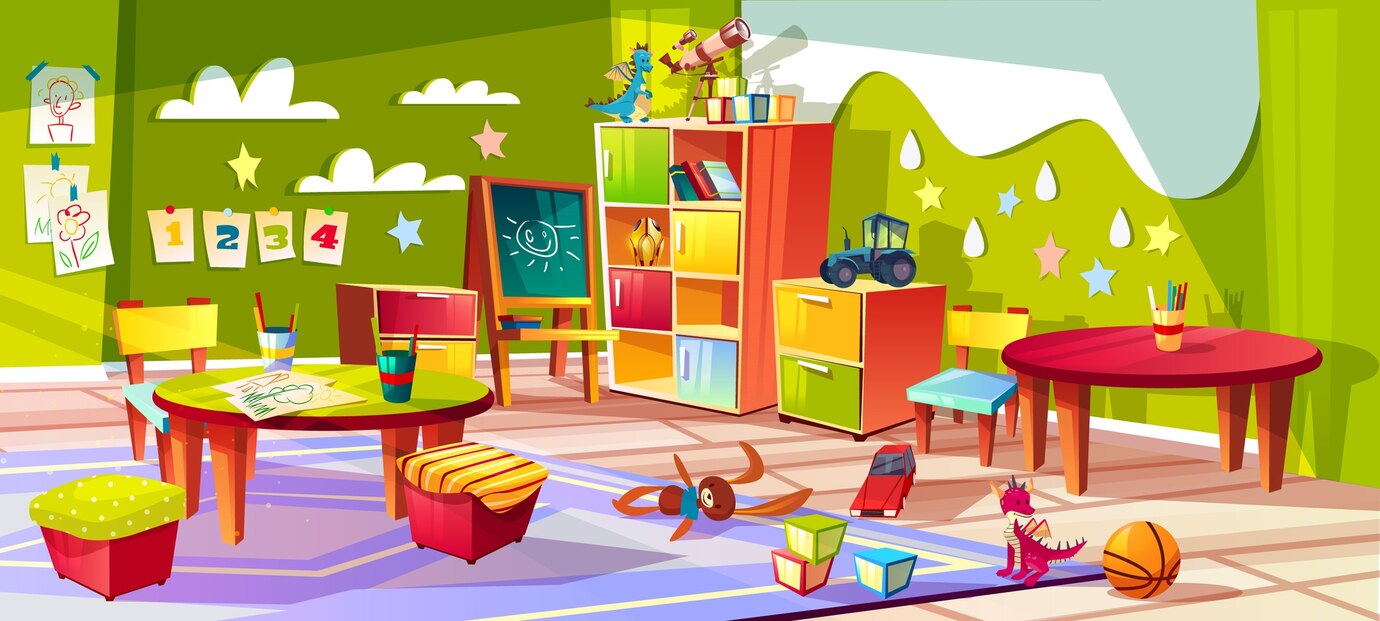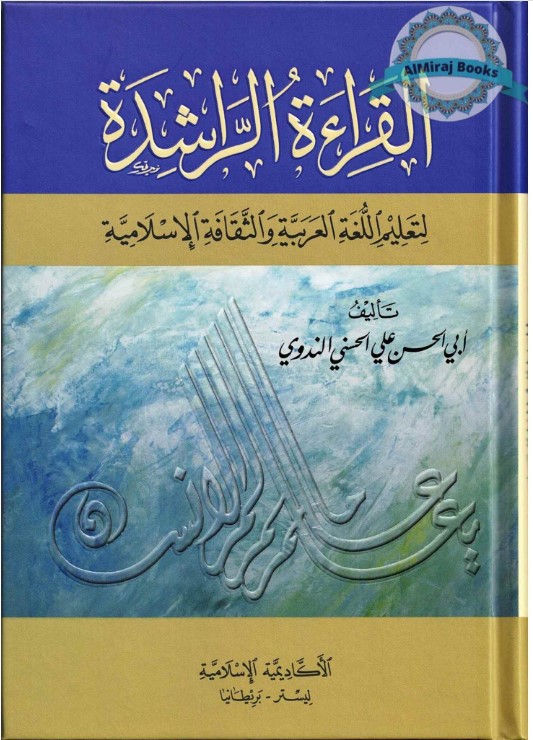Montessori vs. Traditional Play Schools: Which Is Better for Your Child?
Choosing the right play school for your child is one of the most important decisions you’ll make as a parent. With several options available today, parents are often confused about which type of school will best nurture their child’s development. Among the most popular approaches are Montessori and traditional play schools. But which one is better for your child? Let’s explore these two educational methods in depth, mainly focusing on how they operate in India and if you’re considering a play school in Greater Noida.
Choose the Top play school in Greater Noida.
What is the Montessori Method?
The Montessori method was developed by Dr. Maria Montessori, an Italian physician, in the early 1900s. It emphasizes hands-on learning, self-directed activity, and collaborative play. In a Montessori classroom, children are encouraged to learn through experience, which allows them to explore subjects at their own pace. The environment is designed to promote independence, giving children the freedom to choose what they want to learn.
For instance, a child may spend a week perfecting a puzzle or another hands-on task, learning patience and problem-solving without any pressure from teachers to move on. Montessori schools also emphasize mixed-age classrooms, where younger students learn from their older peers, creating a community-like environment that fosters leadership and collaboration.
How Do Traditional Play Schools Work?
Traditional playschools, on the other hand, are structured to introduce young children to formal schooling routines. These schools follow a set curriculum with specific goals for each age group, focusing on subjects like numbers, colors, shapes, and social skills. Teachers are more directive, guiding children through various activities in a structured classroom environment.
A typical day in a traditional play school might include story time, followed by group activities such as singing, art, or outdoor play. The aim is to get children used to a daily schedule and prepare them for the more structured academic life they’ll encounter in higher grades.
Which Approach Works Best for Your Child?
The answer to this question lies in understanding your child’s personality and learning style. A Montessori approach might be a better fit if your child is naturally curious and enjoys exploring subjects independently. Children who thrive in less structured environments often excel in Montessori schools because they get to learn through exploration.
For example, if your child loves building blocks and spends hours tinkering with them at home, Montessori’s hands-on learning could also keep them engaged in the classroom. They would be free to explore math concepts using physical objects like beads and cubes, turning abstract ideas into concrete learning experiences.
On the other hand, if your child prefers guidance and enjoys a predictable routine, a traditional play school might be the better choice. Traditional play schools provide more structure, which can comfort children who find security in knowing what’s next. For instance, if your child responds well to following schedules—like reading time followed by craft time—they might find comfort and clarity in the structured environment of a traditional play school.
Play School in Greater Noida: What’s Available?
If you’re considering a play school in Greater Noida, you’re lucky, as the area offers many Montessori and traditional play schools. Some of the most well-known Montessori schools in Greater Noida provide an environment that encourages self-directed learning, offering carefully designed learning materials that support your child’s natural development. On the other hand, many traditional play schools here focus on preparing children for the structured education they’ll encounter in primary school, focusing on early numeracy, literacy, and social skills.
When visiting these schools, ask questions like: What does a typical day look like? How do teachers support both independent learning and group activities? Observing how children interact in these settings will also help you understand which environment your child would likely thrive in.

Curriculum and Learning Environment
The curriculum is where Montessori and traditional schools diverge the most. Montessori classrooms have a more fluid curriculum that allows children to dive deep into their interests, while traditional play schools have a more defined syllabus that each child follows. In a Montessori classroom, the environment is pivotal in how children learn. The teacher acts as a guide rather than an instructor, encouraging children to discover and explore. This method works particularly well for naturally inquisitive kids who prefer hands-on learning.
For example, in a Montessori setting, a child interested in geography might spend a week working with puzzle maps and learning about different continents and countries without opening a textbook. In contrast, traditional play schools might introduce these concepts through group discussions or visual aids led by the teacher, ensuring that all children move forward on the same learning path.
Socialization and Collaboration
Both methods firmly approach socialization but in different ways. Montessori classrooms often mix age groups, so younger children learn from older ones while older children develop leadership skills. This mixed-age dynamic can be incredibly beneficial, especially in nurturing empathy, patience, and cooperation.
Traditional playschools, however, group children by age, which means all the students are at roughly the same developmental stage. This grouping can help children build strong peer connections, as they learn the same things at the same pace.
Best School for Holistic Development
Holistic development is one of the most important considerations for parents. Both Montessori and traditional schools offer benefits beyond just academic learning. Montessori focuses on fostering independence and personal responsibility. Children are taught to manage their own time, choose their activities, and work alone or in groups, which helps to build confidence and self-discipline.
Traditional play schools, on the other hand, emphasize preparing children for the structure and expectations of formal education. While the environment is playful, it’s designed to mimic the setup of formal schooling, ensuring a smoother transition to primary school.
In Indian education, parents may lean towards traditional schools due to their focus on academic preparedness. However, Montessori schools can also benefit children who may not fit into a conventional model. In Greater Noida, the best school for your child’s holistic development will depend on whether they thrive in a free-flowing, independent setting or need more structure.
Making the Right Choice
The choice between Montessori and traditional play schools depends on your child’s learning style, personality, and your family’s values. Visiting both types of schools and seeing how your child responds to each environment can provide invaluable insights. Enroll in Greater Noida school, you can access several excellent options, so take your time to evaluate what feels right.
Conclusion
Whether you choose the Montessori path or a traditional play school, what matters most is finding a place where your child feels happy, engaged, and supported in their learning journey. By understanding the unique strengths of each system, you’ll be better equipped to choose a school that aligns with your child’s needs and sets them on a path to future success. After all, the early years of education lay the foundation for a lifetime of learning—so make it count!
Read More:- Why CBSE Schools are the First Choice for NRI Families














Post Comment